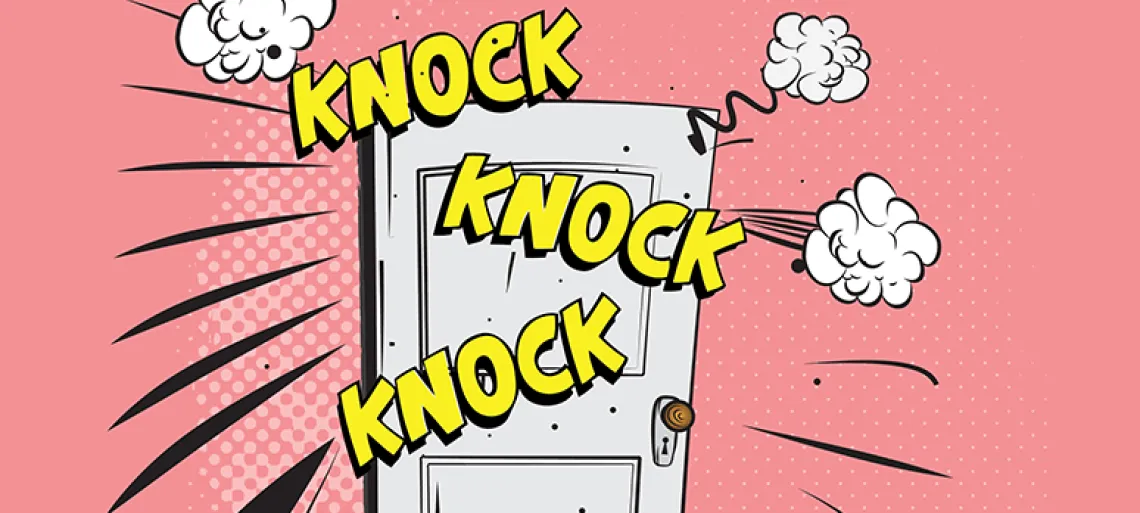
You might be able to see a caregiving scenario in your future right now - a loved one with long-term sickness or the expected decline associated with age. But there are times when the unexpected, the accident, the unforeseen diagnosis suddenly bangs on your door like an unwelcome guest at night. Now, your life's playbook includes sudden caregiving. When this happens, it’s hardly surprising that you haven't had the opportunity to consider the implications and changes that sudden caregiving presents.
Set aside all (woulda, coulda, shoulda) self-blaming scenarios.
Sudden caregiving is when your loved one “all of a sudden” needs your care and support for even the simplest things. Sometimes, the person receiving care may be unable to provide input or express wishes. Perhaps there was no proactive conversation about caregiving because of denial, geographical distance, complex family dynamics, unresolved relational or emotional challenges, or other factors outside your control. But even if you had read all the books on caregiving and discussed the possibilities each night, little could have prepared you for your experiences. You may have to make tough decisions, but remember, you have a lifetime of knowledge, skills, and insights to draw from! With each potential “what if” that comes to mind, breathe in the grace of knowing that you are doing the best you can.
Information offers us power.
Becoming a sudden caregiver may require you to gain expertise you never desired. There may also include fear of the unknown. Emotionally charged discussions may be a great deal to process. Discussions about diagnoses, prognoses, implications for the future, advance care planning, or possible legal actions are complex, but seeking information empowers you to explore problem-solving possibilities.
- Trust your gut instincts and practice what works best for you.
- Take notes (to remember critical points)
- Ask questions
- Follow up with your care team on areas that lack clarity.
You may even invite a friend or family member to support you by taking notes, asking questions, or following up on care in your stead.
With all there may be to process, these approaches give you space to make decisions when emotions and information are well managed.
Identify and connect with your caregiving team.
When sudden caregiving bangs at the door carrying multiple suitcases, we may strive to be everything and do everything simultaneously. These superhuman expectations may result in stress, burnout, and even compassion fatigue, which comes at a cost to you and your loved one. As impossible as it may seem, it is essential to slow yourself down long enough to identify and prioritize your needs, be honest about your skills and resources, and list those people you know who can help you with those areas outside your skills and resources. Most people are happy to assist in their areas of interest and expertise, and our community has a wealth of support and services.
Receive Help with Gratitude (and Ask for Help Boldly).
While many people gracefully accept their role as a sudden caregiver, experts know that most quickly stumble into intense feelings of helplessness. One of the best ways to cope with the changes of sudden caregiving is to ask for and receive help. You may need help right now, and you will inevitably need help in many ways in the days to come. Arranging swift support will help you focus on your loved one and organize the best caregiving possible.
The more intense the need, the more complex or awkward it may be for others to offer help. People may offer help but may not know how they can assist. Share what you realistically need: someone to prepare a meal, shop for food, provide transportation, and offer a social visit can all mean a great deal. You can often gauge how much time they have, their level of commitment, and what members of your care team can realistically do. One of the most underestimated responsibilities of the family caregiver is coordinating everything. So, perhaps you can even “recruit” someone to assist with juggling the details.
Seriously, take care of yourself.
Many sudden caregivers say there is “no time or energy” for self-care. Prioritizing your loved one higher than yourself is a strategy that will cost both of you dearly. Research shows that when you care for others while neglecting yourself, stress, burnout, and compassion fatigue will debilitate your physical, cognitive, emotional, and social health. Self-care is not likely to cure your loved one’s condition or even your current struggle, but good news exists. When you care for yourself, you restore your strength, gain perspective, and make informed and intentional decisions. Self-care can be as simple as scheduling 20 minutes for a break, taking five deep breaths and gauging your stress level, or journaling emotions.
You often have far more choices than it seems when it comes to sudden caregiving. And there are countless resources that you can access, whether it is counseling or coaching, skills training or support groups, technology, or community services. One of the most effective first steps you can take as a sudden caregiver is to reach out to your one-stop resources, Life and Work Connections and Pima Council on Aging.

